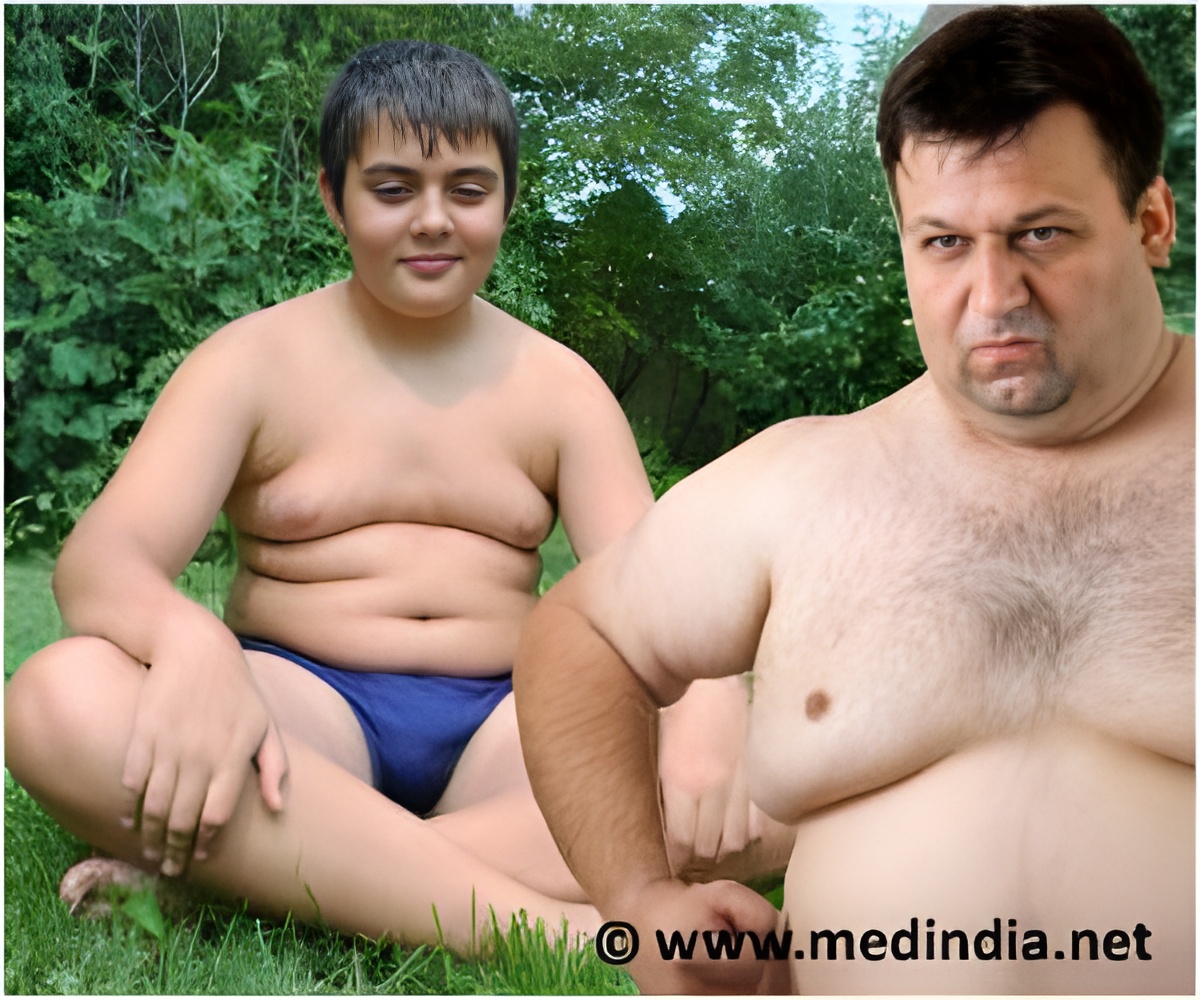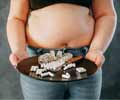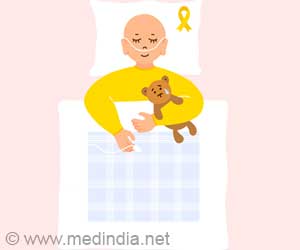An Australian study recently attempted to assess the role of interventional programs in designing weight loss strategies for men, and identify behavioral moderators that promoted weight loss.

Parental obesity is one of the prime reasons for obesity in several children, however most interventional programs only target mothers and there are hardly any programs that assess the contribution of father’s to childhood obesity.
A recent study did, however, highlighted the fact that children from overweight or obese fathers stood a higher chance of being obese themselves.
The 'Healthy Dads Healthy Kids' (HDHK) pilot study roped in 53 obese fathers and their children for a randomized controlled study.
The basis of the HDHK program was Bandura's social cognitive theory (SCT) and family systems theory (FST). It included eight weekly sessions of 75 minutes each. Five sessions involved dad’s alone while three involved both dad and children.
Dads involved in the program were provided with information on weight loss and behavioral change, and about the need to spend quality time with their children. They were encouraged to be ideal role models, for their progenies to develop healthy habits.
Physical activity (PA) was evaluated using pedometers and dietary habits were assessed through questionnaires.
Encouraging obese or over weight fathers to be more physically active with their children was a very promising strategy for weight loss. The HDHK program helped in increasing physical activity among children and it helped to reinstate that parental modeling played a significant role in shaping child behavior.
Reference- International journal of behavioral nutrition and physical activity (2012) 9:45 David R. Lubans et al.
Source - Medindia















